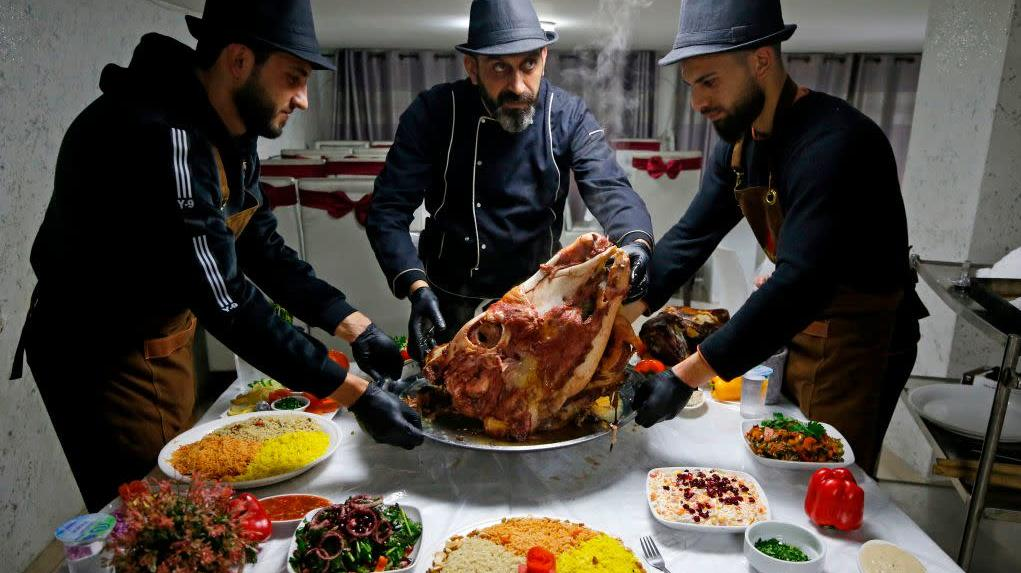You'll Never Be A Great Cook If You Don't Have The Nafas
Why is food produced by some cooks (usually grandmothers) so much better than the exact same food—down to the recipe—produced by others? It could be lack of skill, or impatience, or bad ingredients or equipment. But it could also be lack of nafas.
What is nafas, you ask? The simplest explanation is that it's an Arabic word that translates as "breath" or "spirit." But, as Reem Kassis writes in The New York Times, "in the context of cooking, nafas is much more than that. It is an energy some people possess that makes their meals not only good, but exceptional." Part of nafas is based on skill and experience, but a lot of it comes from hospitality and love. If a cook is rushed or angry or cooking for someone they don't like, the food won't taste as good.
Kassis talks to several cooks from around the Middle East who testify that nafas is, indeed, real. She also talks to a couple of scientists who, naturally, argue that there may be a scientific explanation. Rob Dunn, a professor at North Carolina State who studies sourdough starters, has found that sourdoughs made from the same starters and identical recipes can taste different depending on who is kneading them. His explanation is microbes in people's hands and in their kitchens.
Another food scientist, John Hayes of Penn State, thinks that that nafas may be a matter of perception on the part of the eater. "You can objectively measure flavor," he told Kassis, "but the psychological and emotional state of the eater, even the dynamic interaction with the person preparing the food, largely impact its perception."
But Kassis and the chefs she talks to all seem to agree that nafas is real. And isn't it nice to think that there is some magic in the world, even if its effects are not as dramatic as, say, Like Water For Chocolate? You can read the story here.
